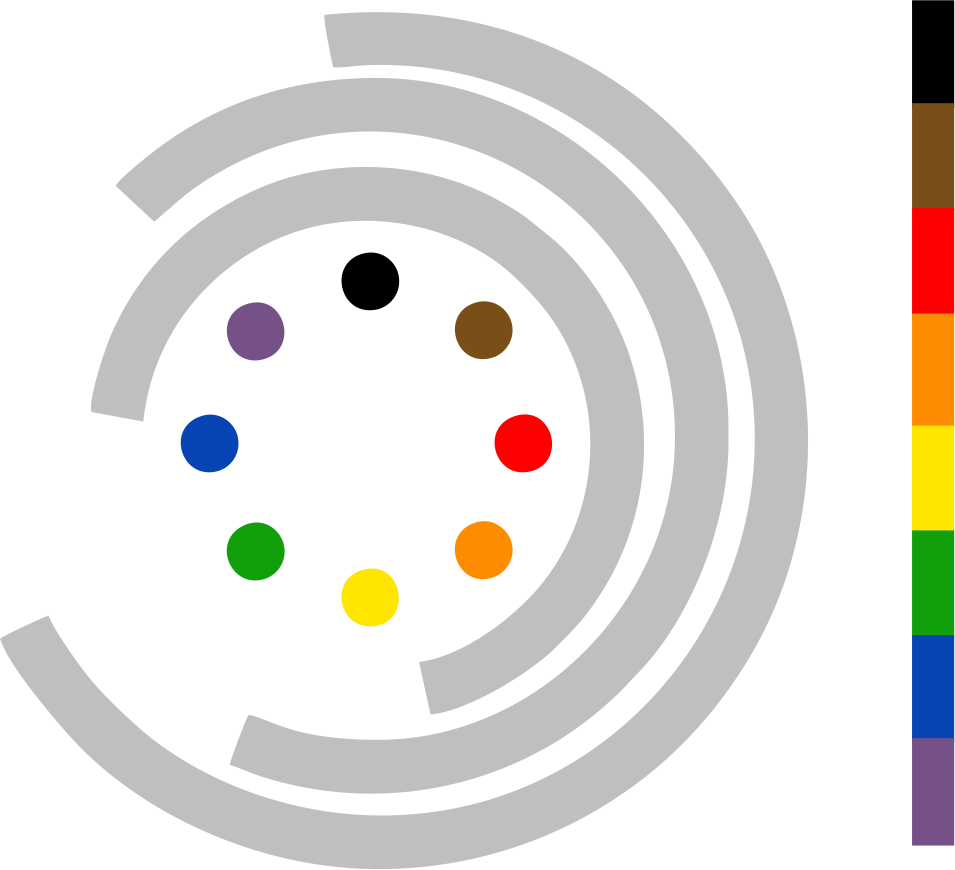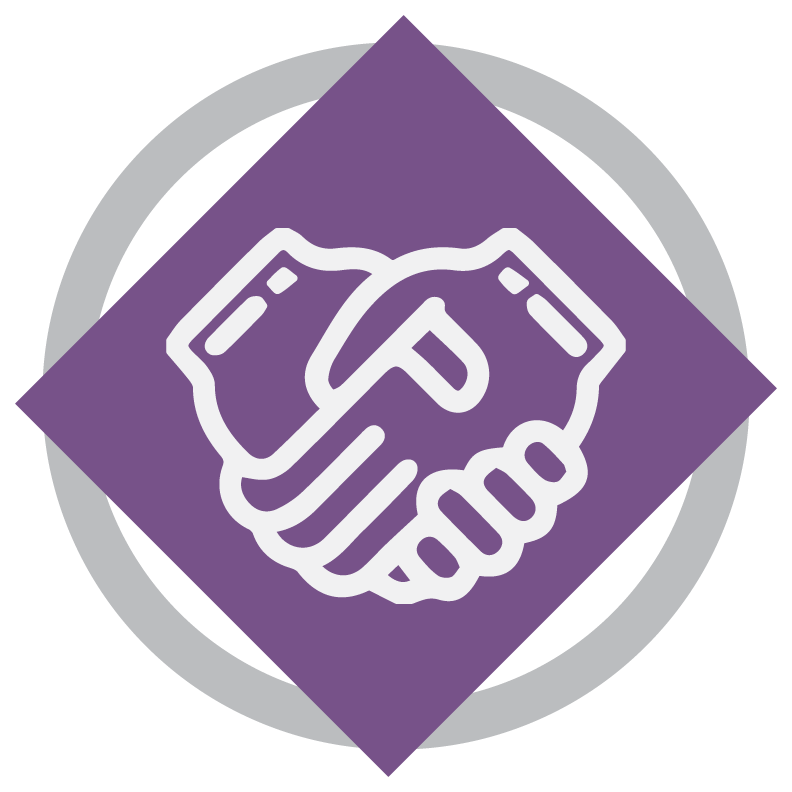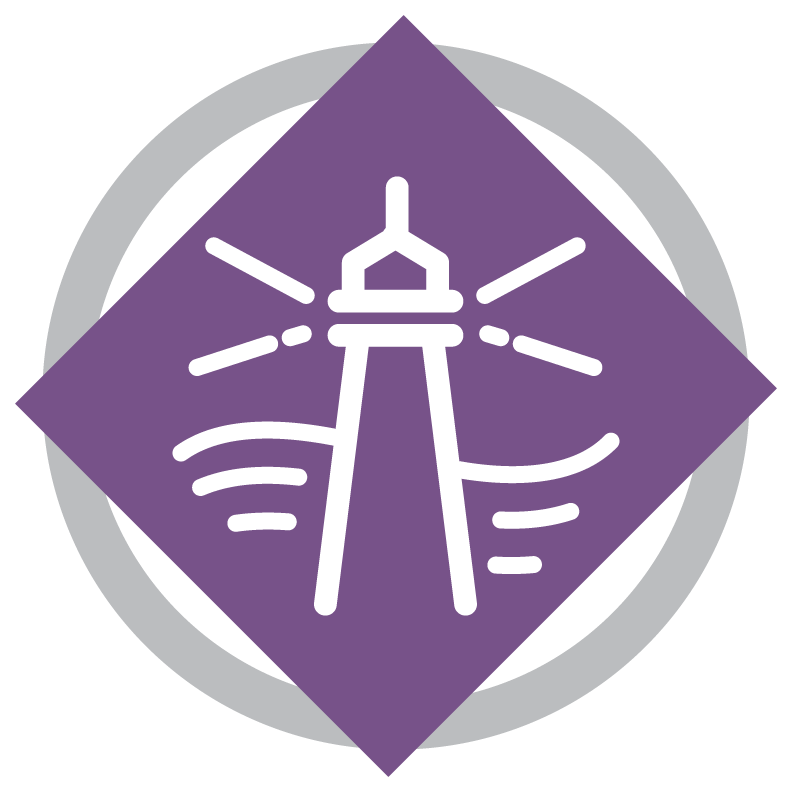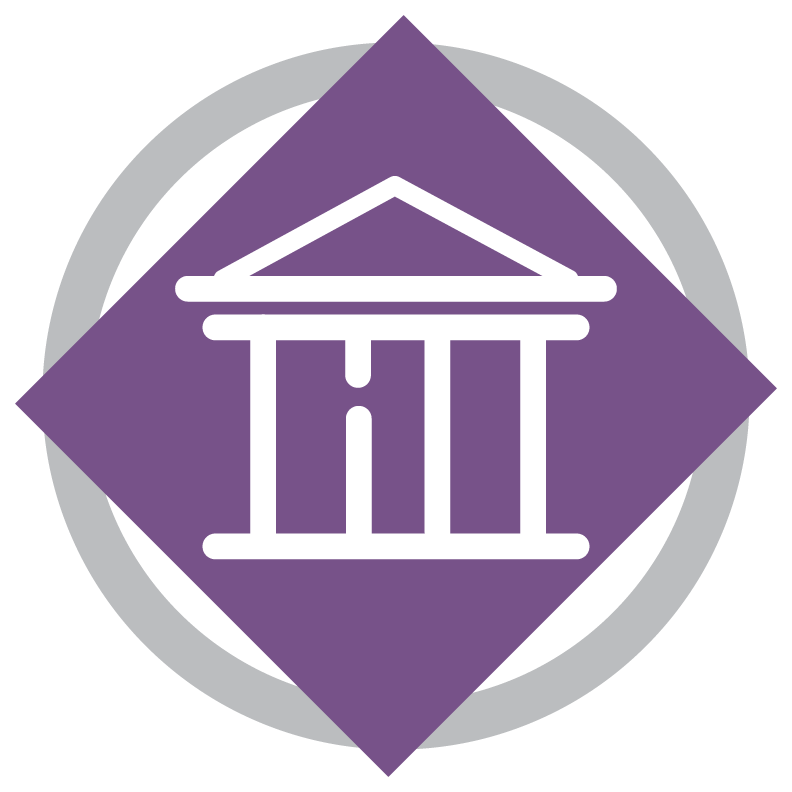About

Mission
LGBTQ+ Programs supports the mission of the Gender + Equality Center: cultivating an affirming, educational, and diverse community - by providing engagement opportunities and educational resources that encourage personal awareness, socially just leadership, and advocacy skills.
Learning Goals
Students who engage in programs, trainings, and services provided by LGBTQ+ Programs from the Gender + Equality Center will [or will be able to]

SOCIALLY JUST LEADERSHIP
OU community members will demonstrate culturally aware, intellectual and practical leadership skills to build an affirming and justice-oriented community through social influence, civic engagement, organization development and program management.
Learning Outcomes
1. Able to articulate their leadership philosophy situating in their LGBTQ+ identity.
2. Able to state and discuss contemporary LGBTQ+ related issues as well as the impacts intersectionally and in a nuance level.
3. Able to demonstrate administrative practical skills and knowledge in leadership.
4. Able to work effectively towards justice and equity.

PERSONAL AWARENESS
OU community members will develop a greater personal awareness to foster authentic relationships and to build affirming communities.
Learning Outcomes
1. Able to articulate and manage their emotions, understanding the impact of those emotions on their own actions and on recovery outcomes of others.
2. Able to demonstrate empathy and compassion for others through helping skills.
3. Able to execute ethical and compassionate decision-making processes in difficult situations.
4. Able to create a culture of care through trauma-informed responses.

ADVOCACY
OU community members will demonstrate knowledge of active bystander and allyship practices as well as campus and local resources regarding gender-based violence prevention and response, support for LGBTQ+ people, and advocacy for marginalized populations.
Learning Outcomes
1. Able to discuss foundational knowledge on issues facing LGBTQ+ community, and state its importance & impact.
2. Able to recognize signs of oppression & violence towards LGBTQ+ community.
3. Able to demonstrate intervention strategies to LGBTQ+ related issues if needed.
4. Able to identify appropriate campus/ local/ national resources for LGBTQ+ community.

